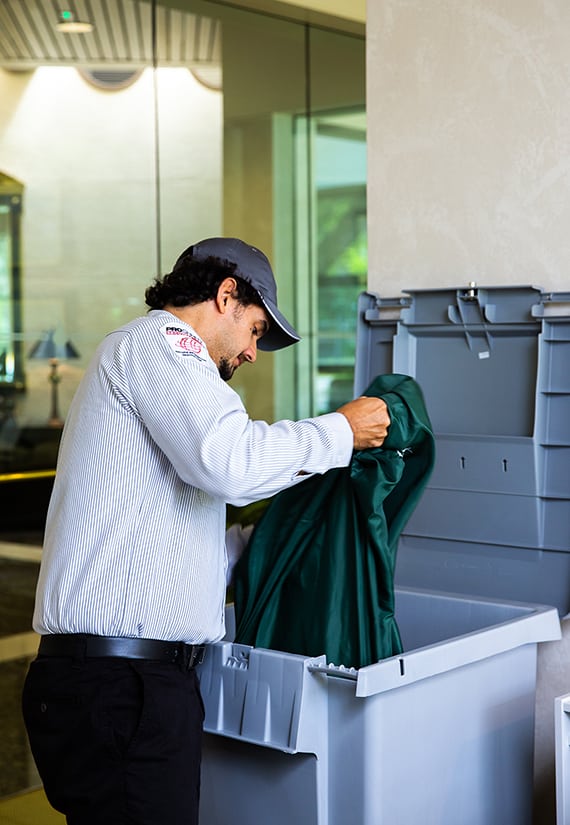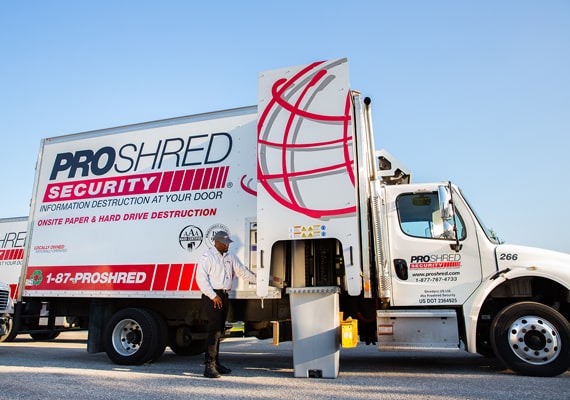May 15, 2023
How Lawyers Can Protect Their Client’s Confidentiality
As a lawyer, protecting your client’s rights and interests is paramount to establishing trust and success in any case. Keeping client information and communications safe helps to provide them with the assurance that their case and its details will remain private and secure. Because your reputation relies upon ensuring the needs of your clients are met, it’s essential to understand the best strategies for protecting confidential data in order to ensure your clients the privacy they need while seeking legal representation.
What Is Client Confidentiality?
Client confidentiality is an instrumental part of the legal system. It encourages clients to be honest with their legal team which allows their attorneys to do their job to the best of their ability. Without access to all of the information surrounding the case, they would be unable to properly defend their client, which is why confidentiality is protected by the law. Within the law, there are three main types of confidentially that lawyers need to consider:
Confidentiality: Confidentiality applies to all case information related to the client whether it be shared directly by the client or found through a third party. This information must be protected and can not be shared without the client’s consent. An attorney can, however, be compelled to disclose confidential information by the courts.
Attorney-Client Privilege: Unlike confidentiality, privileged information cannot be shared, even with a court order. However, there are exceptions to this rule such as when an attorney worries about the safety of their client or needs to disclose information in the case of a lawsuit. This kind of confidentially was created to protect the communication between clients and their attorneys.
Work Product: Work product protects all written materials that are created while an attorney is working on a case. This involves legal research, witness interviews, meeting with other lawyers, strategies, and their personal notes. Work products can not be disclosed in either criminal or civil procedures.
Electronic information is also protected by confidentiality. It includes email, fax transmissions, cellular phones, cordless phones, text messages, video conferences, and any other form of electronic communication. This information is usually pretty safe, but when dealing with especially sensitive information attorneys should consider using encryption and other safety measures for added protection.

How to Protect Client Confidentiality
There are three main types of safeguards to client data protection: administrative, physical, and technical.
Administrative: This form of client protection is all about who has access to the information. You want to control who is able to access your client’s confidential information, not only to limit the risk of it being exposed but also to know who had access to it in case something goes wrong.
Physical: This involves taking physical steps to protect your client’s confidentiality such as locking your office and keeping track of paper documents and not leaving them lying around where anyone can access them. One of the best ways to protect sensitive client paper documents is to destroy them with a NAID AAA and ISO 9001-certified paper shredding company.
Technical: In this digital age, it’s important to take security measures when using technology. There are simple steps you can take such as setting up passwords, monitoring logins, setting permissions, going private on social media accounts, and using two-factor authentication. Other steps you can take involve using reliable and confirmed technology and sites and using secure communication channels. You should also avoid using live mic technology such as voice search, and virtual assistant technology namely Alexa and Siri in offices where confidential meetings are taking place.
Shredding Legal Records
Federal and state privacy laws, such as the Fair and Accurate Credit Transaction Act (FACTA), work hard to protect not just your client’s sensitive information but all legal information. The only true way to protect your client’s information is the complete destruction of all legal record documents, and paper shredding is by far the most efficient and effective way of document destruction.
How do you protect client confidentiality? With Proshred® Houston’s secure shredding, you’ll rest assured that your client’s confidential information is safe. We make the process remarkably easy by coming to you and shredding the documents right in your parking lot. You will be able to witness the legal documents shredding through a closed-circuit monitor that is mounted on our mobile shredding trucks. Afterward, you will be given a certificate of destruction as proof that your client’s documents were securely shredded.

